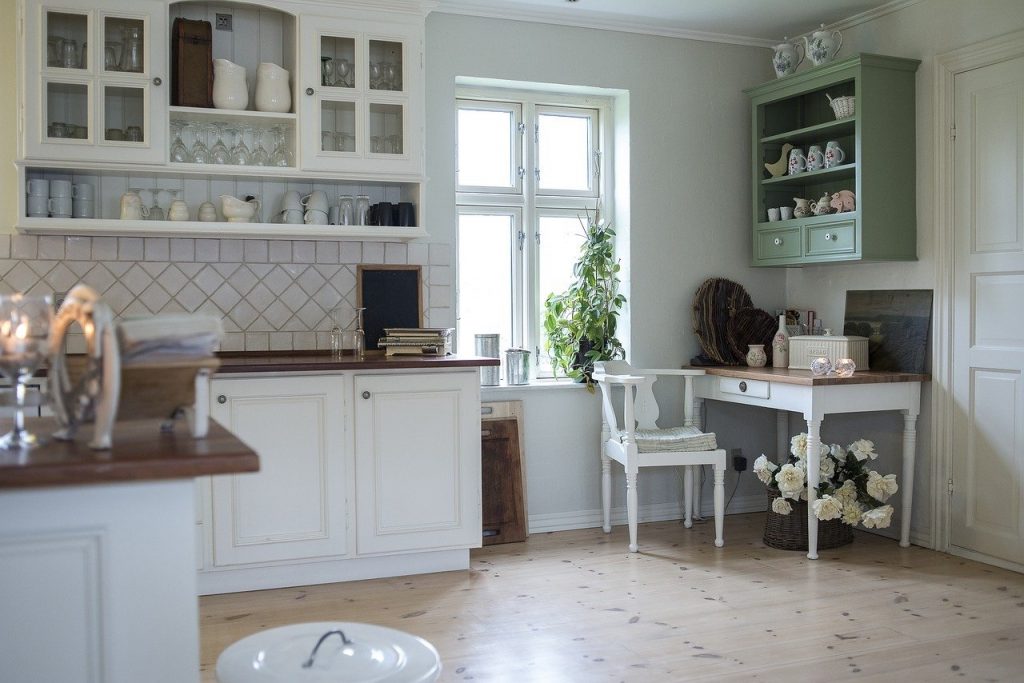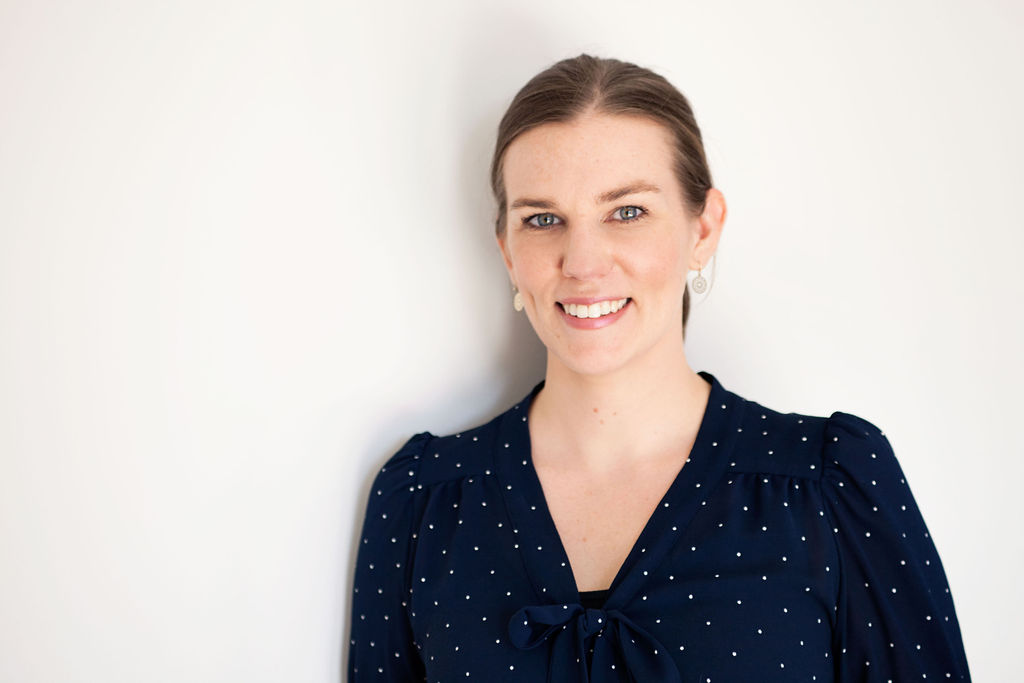Sustainable Tips on Decluttering and Organising Your Home

Being overwhelmed by stuff and clutter, can be extremely distressing. Many people experience increasing pressure, when they can’t find the things they need, constantly have to move items to find a spot to sit, or live with clothes all over the floor. Those who have more serious issues with hoarding, can spiral out of control in their lives, living in constant distress. A woman near me has this issue and the ever-growing pile of rubbish on her front porch and garden, reflects what it must be like inside the home, and also, what is inside her mind. I have had many chats on the footpath with her about these problems and how she might seek the solace and freedom, in releasing all of this stuff. She has told me that these behaviours are strongly connected to anxiety for her. For most of us however, being more organised is a seemingly simple case of clearing the clutter, starting from a fresh base, creating homes for what is left, and setting systems in place. But that can be easier said than done, for many reasons.
Sally helps busy women declutter and organise their homes. She provides a second set of hands, a fresh perspective, and motivation and support to her clients, so they can clear the clutter from their homes and their lives. I had a chat with Sally about why too much clutter can be bad for your mental health and how hiring someone to help, can be the vital missing link in enabling you to breathe again – in your home, and in your life. Importantly, decluttering and organising in a sustainable way, will have far-reaching benefits – for you, your family, and our planet.
 Why did you start the business and what are the dreams you hold for your future?
Why did you start the business and what are the dreams you hold for your future?
I started my business because I realised there are so many people out there who are overwhelmed by clutter and just don’t know what to do, or where to start. I had friends, and even strangers, who would tell me they were struggling to try and stay on top of it all, especially once they had children. I knew there was a better way, and it became my passion to teach other people what I know. I am so privileged to be allowed into people’s homes and to have such a positive impact on their daily lives.
Despite organising for many years, my business is in its infancy, just like my daughter. I look forward to seeing them both grow and flourish. I have also recently expanded my services and it will be interesting to see the response and what 2020 has in store for me.
Why do you think people are so overwhelmed by stuff? Are we too busy gathering more and more stuff? And is it easier to live with less, or is it more about finding the right balance for each person?
Honestly, I think a large part of the problem is that society places too much value on stuff. We are constantly bombarded with messages saying we need to have the ‘latest and greatest’. It is hard not to fall into the trap of consuming more and more.
I also think that people are getting increasingly busy, and it is hard to keep all the balls in the air at once. By the time you get home at the end of the day, you are exhausted, and rather than dealing with sorting and managing all of the items at home, it all just piles up, to a point of overwhelm. A big part of staying organised is trying to reduce the flow of stuff into the home, and then having systems in place to deal with what is left.
Having less is definitely easier. The less you have, the less time you have to spend cleaning, sorting, tidying and maintaining. That being said, I think it really is about finding a comfortable balance. That balance is different for everyone.
What are the 3 biggest areas people struggle with at home?
The 3 main areas I see people struggling with, are those where a lot of items tend to gather. They are also the busy areas of the home, and ones in which you actually need stuff – for example clothing and pantry items. But people tend to have little time to stop and do a pantry clean and keep shoving things back into the corners. Or they are too tired at the end of the day to put all their clothes away, or go through and donate clothes they have not worn for a long time to a charity store. The living areas also take a lot of battering from busy lives – with the family coming in and dumping things, leaving their personal items lying around, and often, there is not enough storage.
So, the 3 top areas people struggle with are:
- Kitchens/pantries
- Bedrooms
- Lounge rooms and/or wardrobes
 What are your top 3 tips for staying organised?
What are your top 3 tips for staying organised?
- Creating homes for things – when items have places to call ‘home’ they are more likely to be put away.
- Decluttering – this is always the first step when organising. Clearing the clutter means that you can see exactly what you have left to organise. This part requires you to be honest with yourself and ask yourself the right questions. For example, will I actually USE this? Do I NEED this? Do I LOVE this? If you answer ‘no’, then why keep it? Most of the time we keep things for the wrong reasons, such as not knowing what to do with it, or we think we might need it someday, or we feel guilty (e.g. a gift given to us) so we hang onto even though its actually making our lives hard and more stressful.
- Plugging the leaks – I often describe the home as a house boat chugging down the river. As it goes along it picks up a number of packages from a number of different sources: work, friends, family, our shopping habits, kids’ school, our letterbox. The more you pick up, the more you start to realise that there is water in your boat, and it just keeps rising, until you are neck deep and don’t know what to do. Even if you bail the water out (declutter) the boat will keep sinking unless you plug the leaks.
To help combat this I tell my clients to write down all of the different ways that stuff is coming into their homes. For example, the mail box – the simple solution is to put up a ‘no junk mail’ sign. Or start opening up conversations about trying to reduce the clutter in your home, with family members and friends. Give them other ways to help out, rather than giving you things all the time. A perfect example is asking for experiences as gifts – such as movie tickets or massage vouchers, rather than physical gifts.
How do you deal with the things you no longer want or need, without sending them to landfill? Any tips on being more sustainable when decluttering?
Letting go of your stuff can be hard. The decision shouldn’t be made harder, just because you don’t know what to do with your unwanted goods. I can’t tell you how often I come across people who actually want to declutter something, but don’t, simply because they are unsure about what to do with it. I get this completely and I have been there myself. But don’t let the unknown hold you back any longer. Trust yourself and flex those decluttering muscles!
Donate to Charity
There are so many places that take donations of used goods these days – Vinnies, Salvos and Goodwill, just to name some of the bigger ones. Back in the day they would take anything and everything, nowadays though, charities are a lot more selective in what they will and won’t accept, so check on their guidelines before dropping it all of.
Tips include:
- Check with your local charities and see what they will take. Also check to see if they offer pick up services for larger items like furniture.
- Lions club bargain centre – I strongly suggest you find your closest one and go check it out. They are a great place to donate items that aren’t quite perfect.
- If you have something specific you would like to donate, google your location and the item, and you never know what you might find e.g. gently used women’s business clothing can be donated to place like Dress for Success.
- Many vet clinics happily receive donations of old towels and blankets (nothing with feathers though!). Towels make great beds for sick little dogs.
- Remember you are decluttering, not bargain hunting! So, when you go to drop off your unwanted items, keep your eye on the prize (a clutter free and calm home).
Selling items yourself
Before selling items yourself, think about what your time is worth. Do you have the time to be running around, sorting it all out (uploading item, corresponding with potential buyers, weeding out the spammy ones, travelling to consignment stores, posting item and waiting on someone to pick it up)? If you do, have a go at it!
Here are some tips:
- Think about sunk cost (just because you bought the phone for $1000 doesn’t mean it’s worth that now). Sometimes you have to consider what hanging onto these items is actually costing you e.g. mentally and emotionally not just financially.
- If it’s not working, know when to cut your losses and move on. If an item hasn’t sold in say one month, either take any offer you’ve been given, lower the price, or just remove the item completely and donate it.
- Unsure where to sell? Here are some options:
• Gumtree
• Your local Facebook buy swap and sell
• eBay
• Consignment stores (clothing)
• Don’t overlook places like cash converters (you might not get much but it’s minimal effort)
• Markets
If you can’t sell or donate, consider recycling.
In South Australia the practice of recycling is well established. I found a number of great resources that may help you recycle.
- My favourite places for electronic goods recycling are Bunnings and Officeworks. Bunnings is part of the Unplug-n-drop program and Officeworks are part of a few recycling programs including Mobile Muster, Bring IT Back and Cartridges for Planet Ark. NOTE: ALWAYS remember to clear your personal data before you recycle any of your electronic devices!
- Light bulbs can be recycled at Mitre 10 and ALDI take used batteries
- If you are unsure on where to recycle a particular item, an awesome resource for South Australians is the Recycle Right website, which allows you simply enter your suburb and the item you want to recycle and it will give you a number of places to recycle.
If you can’t sell, donate, or recycle, your unwanted goods, what’s next? Firstly, try and think outside the box and re-use the item. Next, is it toxic? Items such as paint or house chemicals can be disposed of safely – check with your local council. My council recently held a drop off day where we could bring in toxic household items so they could be disposed of safely. Paint back is a great resource for unwanted paint.
If all else fails, as a last resort, it might be time to toss. Sometimes that’s the only course of action left. What I will say, is take the time to think about what you are throwing out, and how you might prevent a repeat in the future. Are you buying poor quality items that break after a few uses? Are you impulse buying items you don’t really need? Changing some of your shopping habits can go a long way. For example, next time you need something why not consider buying secondhand?
Also check out local services like toy libraries. They are an amazing resource. Kids are ever changing what they are into, so rather than constantly buying new things to keep them entertained, visit a toy library and let them pick a few things to borrow.
My final thought on re-thinking, is about gift-giving. Think about experiences and consumables! Next time you look at buying a gift for someone, consider doing something with them instead, or giving them something that they can consume (and won’t leave clutter behind).
Here are some of my favourite suggestions:
- movie ticket
- zoo pass
- magazines subscriptions
- massage voucher
- flowers
- chocolate
- cooking class
- ice-cream voucher and even strawberry picking!
- If you get stuck for ideas, google is your friend. There is a wealth of ideas online that can help inspire you.
 What kinds of things do your clients say they got from working with you?
What kinds of things do your clients say they got from working with you?
The biggest thing I hear is that ‘I can breathe again.’ Clutter is a visual AND a physical weight. Most people don’t realise the full of extent of that, until it is cleared away. The other thing that most, if not all, of my clients say, is that having me there takes away the pressure and the feeling that they have to do it alone.
Some of the additional benefits my clients tell me about are:
- The Domino Effect – Being organised has a flow on effect to so many areas of the home, and in life. I might come in and organise one space, but that has a knock-on effect elsewhere.
- Reduced stress – which is huge for many women out there.
- Increased productivity and creativity – Your mind is distracted by all the stuff around you, even if you aren’t aware of it. It is too busy filtering it, to actually allow room for much else, including work.
- Ability to find things – this includes basic items, such as keys, all the way up to important documents that might be needed quickly, like when packing up the car during catastrophic fire warnings.
- Able to maintain order and better behaved kids – People often tell me that they don’t have to nag their kids constantly anymore to put away the toys, clean their rooms, or get dressed in the morning! Once the clutter was clear, the kids aren’t as overwhelmed, and find it easier to tidy up too.
- Clients also enjoy the fact that I can take any donations away for them. This is one big thing off their to-do list. The longer things sit waiting to be taken to the charity store, the more likely they will sneak their way back into the home.
Having a clearer, more organised home will bring benefits that far outweigh a cleaner space. Buying less in the first place, will change your life and make a big difference to our planet. But you don’t have to do it alone. It is OK to ask for help and two sets of hands are always better than one.
You can find Sally and her services here
Helen

 Why did you start the business and what are the dreams you hold for your future?
Why did you start the business and what are the dreams you hold for your future? What are your top 3 tips for staying organised?
What are your top 3 tips for staying organised? What kinds of things do your clients say they got from working with you?
What kinds of things do your clients say they got from working with you?